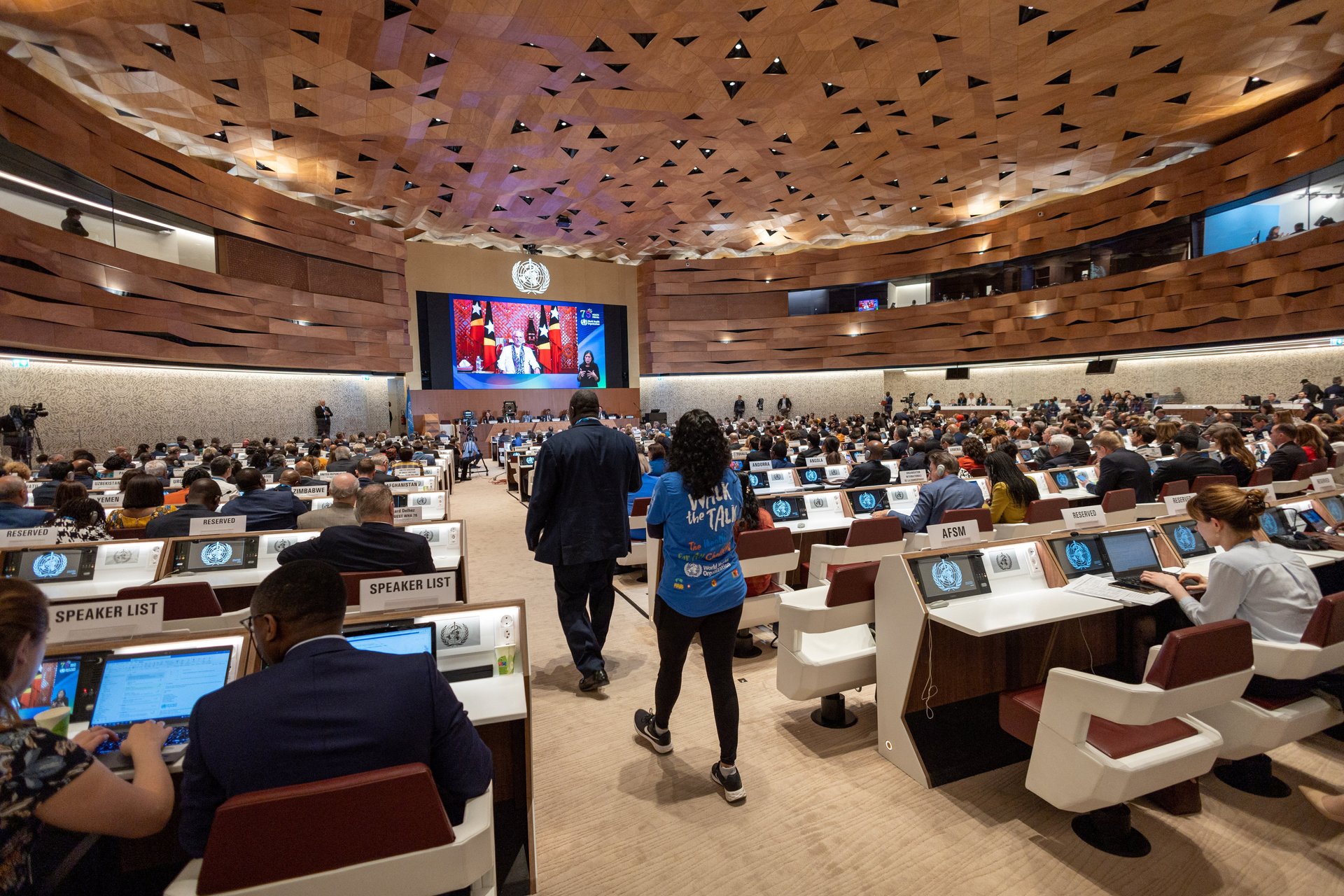The WHO pandemic accord is shaping up to be all but meaningless
Without strong language on health equity, the document is of limited importance

This past week in Geneva, an intergovernmental negotiation body (INB) met to discuss the latest draft of the Pandemic Accord, a plan for prevention, preparedness and response to any upcoming pandemic under the leadership of the World Health Organization.
Suggested Reading
After covid-19, the idea that the international community should sign an accord spelling out the steps and responsibilities for countries facing a pandemic should be a no-brainer. Though we can’t predict when the next pandemic will be, we can be sure it’s inevitable.
Related Content
Yet codifying the lessons global leaders have learned since 2020 is proving difficult. Compared to the first draft (or “zero draft,” in UN-speak) of the accord, which was shared on Feb. 1, 2023, the preliminary text brought in for discussion on June 12 was a step back, according to leaders of the African region of the WHO, who have condemned the draft’s lack of a strong stand on equity.
Weakened stands on equity
To be sure, editing a document like this is time-consuming. The original draft was 208 pages and had to be drastically reduced to become workable; the leading team of six members, called “the bureau,” managed to cut it down to 43 pages. That process was challenging, as Precious Matsoso, the INB’s co-chair, explained to the delegates at the meeting.
But the synthesis didn’t maintain all the substance. According to criticism expressed by the African region as well as many observers and global health experts, the new text is especially lacking with regard to what was arguably the biggest issue during covid: health equity. For instance, it softened many of the commitments by appending the expression “as appropriate” 47 times in the draft—which is code for “optional.” The updated draft also removed the proposal to include conditions for public funding of research and development, which would bind pharmaceutical companies to transparent funding and technology sharing if they received taxpayer funds.
The draft still includes language, hotly contested by big pharma, requiring that at least 20% of pandemic-related technologies are made immediately available to the WHO as they are developed, and equitably distributed, in exchange for pharma’s access to pathogen samples or genomes. The provision, however, is now marked as optional, and could altogether be removed from the draft.
Countries calling for a drastic improvement of the draft have created a coalition called Group on Equity, and include the Philippines, China, India, Brazil, South Africa, Bangladesh, Colombia, Indonesia, Malaysia, Mexico, Pakistan and Thailand.
The challenges in the process
The negotiations this week ended on June 16 and will be followed by several more meetings. If the INB reaches an agreement, the text resulting from all the discussions will be presented for adoption at the World Health Assembly in May 2024. But without a strong stance on guaranteeing equity next time, its importance can be limited at best.
While there is time to improve the texts, advocates and observers are worried that the process is not designed to allow for meaningful improvement of the draft, especially given the lack of access to negotiation proceedings.
The University of Miami Public Health Policy Lab and the AHF (AIDS Healthcare Foundation) Global Public Health Institute, for instance, have expressed concerns about the fact that the accord is being negotiated primarily through the WHO, and not by heads of state from across the UN. While a pandemic is a health emergency, they say, there are other important aspects of it that can benefit from a broader involvement of society and government representation. Plus, the organizations warn, there are issues of accountability that need to be addressed, including that the consensus-based mechanism of the WHO can make it hard to respond effectively to global health threats.
